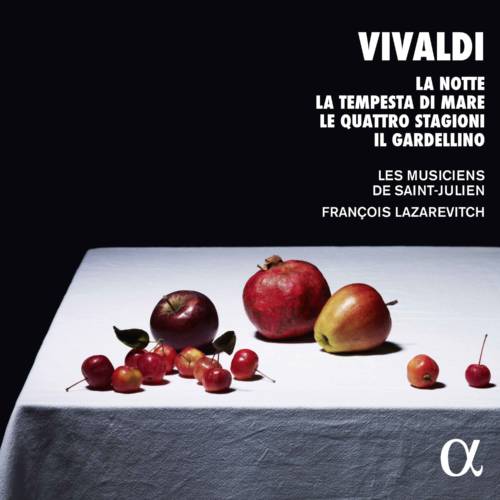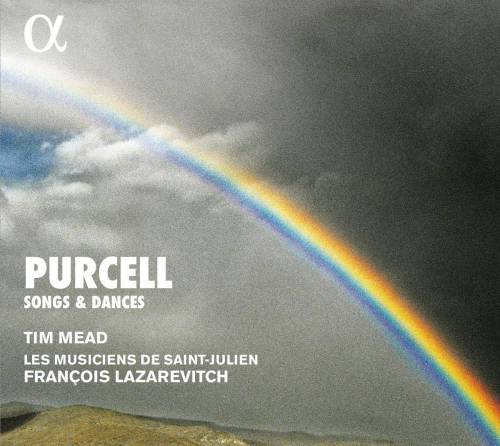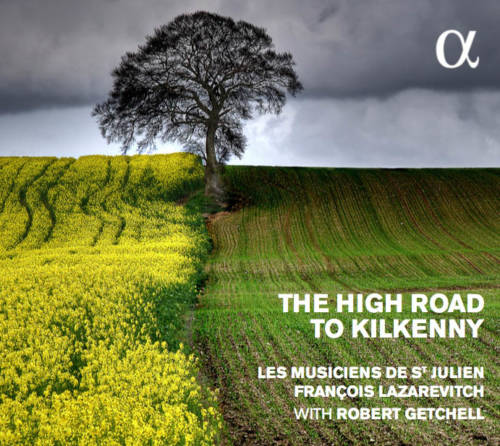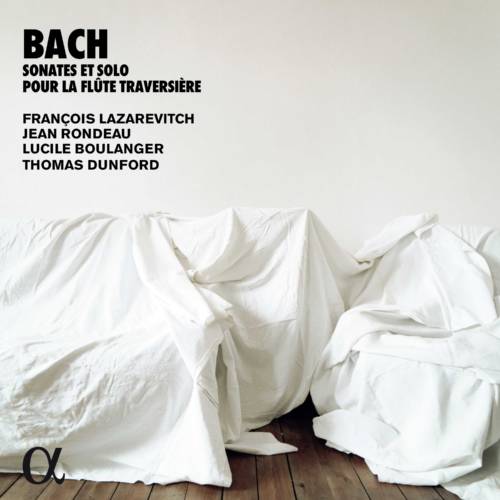Traditional music and dance workshop
3th to 5th November 2023
Arthur Honegger Conservatory in Le Havre
Presentation
This course is devoted to traditional music and dance from the Auvergne and Centre France, with a musical opening onto ancient repertoires in the form of optional group practice workshops.
Teaching team
François Lazarevitch : 16-inch bagpipes
Basile Brémaud : violin
Grégory Jolivet : hurdy-gurdy
Tiennet Simonnin : accordion
Sarah Sérec : traditional dances
Dominique Paris : accompaniment to the cabrette and musette de cour dance workshop
François Lazarevitch
Bagpipe
Directeur artistique des Musiciens de Saint-Julien, François Lazarevitch s’est spécialisé dans le jeu de diverses cornemuses françaises, en particulier la cabrette, la musette baroque et les musettes du Centre France.
Titulaire du CA de musique ancienne et du DE de musique traditionnelle, il enseigne la flûte traversière baroque, la flûte à bec, la musette baroque et l’ornementation au Conservatoire de Versailles. François Lazarevitch est Chevalier de l’ordre des Arts et des Lettres.
Bagpipe workshop
The 16-inch bagpipe workshop focuses on music from the Centre and Auvergne. We will pay attention to the cadence, the variety of the phrasing, the ornamentation. Techniques specific to the cabrette (rapping, picotage, fingerpicking) and Irish music (rolls) will be able to feed in our work.
Recordings and scores will be sent. We will play mainly by ear.
Prerequisites
Trainees must be equipped with a Centre France bagpipe in G, 16 inches.
For some ensembles, 23 inches are welcome.
Basile Brémaud
Traditional violin
Basile pratique les musiques traditionnelles du Massif Central (Auvergne, Limousin, Languedoc). Il est profondément marqué par la force de cette expression ou le chant, la danse et la pratique instrumentale tendent à ne faire qu’un.
Aujourd’hui il travaille la question du son et de l’énergie présents dans ces musiques. Il expérimente quotidiennement comment ces éléments se traduisent en mouvement grâce aux groupes de bal qu’il a co-fondé (Duo Artense, TRES, Sorgues….).
Il met en perspective sa pratique avec les musiques expérimentales au sein du collectif La Nòvia (Trio Puech/Gourdon/Brémaud, la Baracande, Maintes fois, l’Autre).
Basile est titulaire du DE de professeur de musique traditionnelle.
Violin workshop
In this workshop we will explore the rich music of the traditional fiddlers of Auvergne and Limousin. The focus will be on the relationship between dance music and singing.
We will approach and experiment with the notions of cadence, support, accents, phrasing, articulations, ornamentation, sonorities…
We will work with the tools of orality, relying on listening, observation, impregnation and repetition. This approach will allow us to test our ability to vary our speech.
Grégory Jolivet
Traditional hurdy-gurdy
Grégory Jolivet crée une musique originale grâce à sa vielle alto électrique conçue avec le luthier Philippe Mousnier. Formé au Conservatoire de Bourge par Laurent Bitaud, il remporte plusieurs premiers prix de concours soliste et obtient son D.E. de professeur de vielle à roue en 2004.
Il anime régulièrement des stages en Europe, ateliers d’ensemble à la Ville du Blanc et à St Amand Montrond avec Laurence Pinchemaille et Magali Bordat dans le cadre des Futures de l’Ecrit à l’Abbaye de Noirlac. Il joue dans les groupes : La Machine, Le Grand Barouf. Il accompagne le chanteur Najar sur le Concert “Les Chansons des Lisières” et en solo “Osmose”.
Outre sa carrière de musicien, Grégory enseigne en parallèle dans l’Ecole de Musique d’Issodun (36).
Traditional hurdy-gurdy workshop
During this workshop, we will play traditional melodies from Centre-France. We will also be able to play and learn orally the music to be danced and to use the score for some aggregations, counterpoint, dissociation and variations.
To perfect our interpretation, we will work on the cadence, the left hand ornamentation and also the dissociation between the right and left hands (rhythm).
We will use as support some collections, scores, orality, so that the techniques and analyses can help us in our musicality.
Prerequisites
Tuning: viola in G/C, alto viola possible (extended keyboard in C)
All levels accepted except absolute beginners.
Tiennet Simonnin
Accordion
En immersion dans le folklore auvergnat dès l’enfance, Tiennet Simonnin débute l’accordéon chromatique en 1988. Au fil de son apprentissage, il travaille un répertoire vaste, allant de la musique d’Auvergne à la musique irlandaise en passant par le classique et le musette. Sa rencontre avec Michel Esbelin en 2007 est déterminante dans sa pratique et sa connaissance du répertoire du Massif central. Passionné par la musique traditionnelle à danser, Tiennet joue aujourd’hui principalement en bal, tout en variant les esthétiques (Duo Esbelin / Simonnin, Traucanèu, Duo TTC, Cadène, Les Papillons de Nuit…).
Accordion workshop
During this workshop, we will work sometimes on the old accordion styles of Massif Central music, sometimes on the more current styles but still respectful of the cadence that we find in Auvergne balls today. Listenings and quicks analysis of a few representative recordings of this repertoire will be carried out, and work based on orality will be privileged, even if the use of scores is not excluded if particular needs are expressed.
Scores and recordings will be sent before the course.
The following points will be discussed:
- generalities about fingering, phrasing, accents
- techniques for ornamentation of the melody
- varying the theme, notion of diminution / monetization
- notions of swing and agogics
- introducing and concluding a bourrée
- synchronisation and desynchronisation of the two hands, notion of hemiola
bass songs - melodic and semi-melodic playing with the left hand
- general principles of two-handed accompaniment with syncopation
Prérequisites
All levels accepted, except beginners.
Apart from the question of fingering, the points covered during this workshop concern all types of accordion. People who play the diatonic accordion with a good capacity of autonomy are welcome.
Sarah Serec
Traditional dance
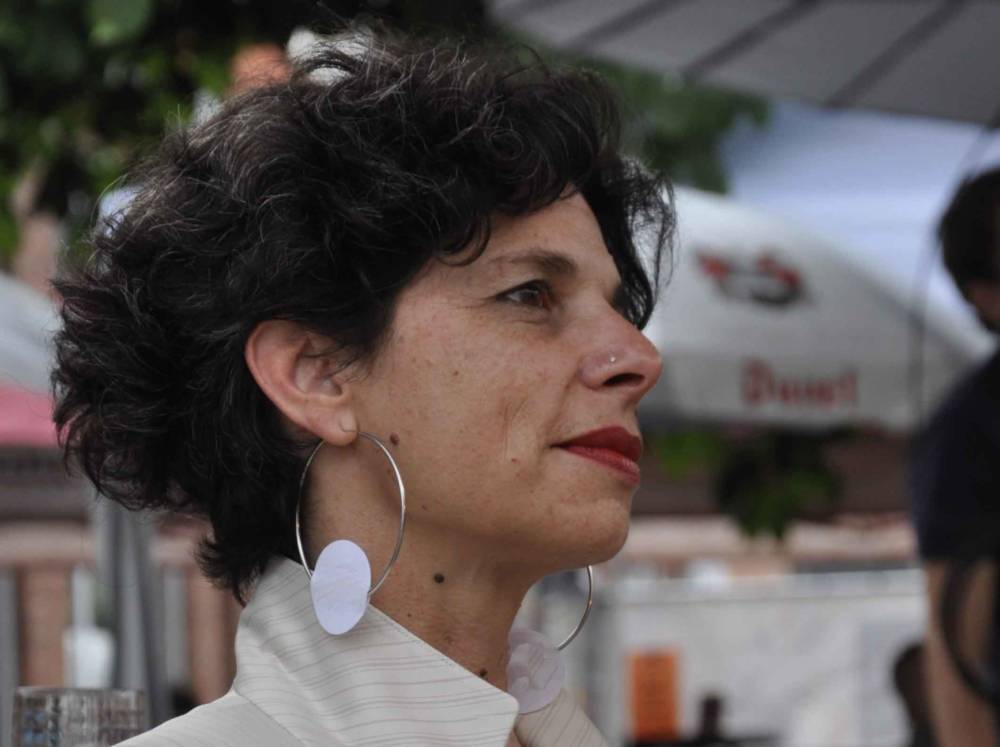
Sarah Serec, est profondément attachée depuis son enfance aux traditions d’Auvergne, plus particulièrement à la danse, et surtout à la bourrée trois temps. Récemment installée en Aveyron, après 25 années passées à œuvrer en Artense, Sarah n’a de cesse de collecter le vivant, comme un présent, et se connecter naturellement aux choses et aux autres. Cela prend corps et s’ancre dans ses mouvements et dans ses émotions quelle danse et cadence au quotidien.
De sa pratique en famille au folklore, de bals musette en bals traditionnels, de la rue aux festivals, sa sensibilité et ses itinéraires l’ont menée depuis plus de 30 ans à créer des ateliers de danse, donner des stages en France et à l’étranger, réaliser des spectacles sur la bourrée et le bal. À chaque expérience Sarah aime à dévoiler avec ses partenaires, les notions essentielles à son cœur : la cadence, l’énergie, le style, le jeu et la musicalité.
Aujourd’hui, danseuse affirmée au style personnalisé, formatrice et chorégraphe en danses traditionnelles, Sarah reste persuadée que bien poser le temps impulse l’énergie indispensable dans la danse comme dans la vie, qu’il faut savoir rester naturel, lisible et à l’écoute. Forte de cela, elle s’applique à partager ses expériences, sa pratique et sa vision de ce patrimoine enraciné en elle part de gens ordinaires du quotidien rendus extraordinaires au fil du temps par leurs vies, leurs musiques et leurs danses. Elle conte sur ces pas les histoires, les rencontres, les émotions, la mémoire, le paysage, l’espace et le temps.
A.O.C. : Autodidacte d’Origine Cantalouse
Atelier danse traditionnelle
“You have to be able to hear your own music in order to be able to listen to the music of others. And the bal turns and makes sense when each element of it is in tune with each other in a spirit of unity and harmony.”
The most important anchor and meeting point in bal, between dancers, between dance and music, is the cadence. We will learn to observe, listen and repeat this essential substance of all dance so that it becomes part of the body. The structures and forms will harmonise with the melodies on a common vocabulary and a material understood and shared. Individually, in couples, in groups, we will link melodies and types of dances based on aesthetic affinities. Confidence will come with posture, commitment, energy, support, phrasing, ornaments, accents, movements and balance. The practice will allow to integrate, interpret, transmit with naturalness and accuracy. The song of possibilities will then open up, allowing your singularities and personalities to emerge in the game.
The Auvergne accent will be placed on the usual forms of ballroom dances (waltz, mazurka, polka, piquée, march, jig, contredanse, two-beat & three-beat bourée) on old written or oral figures.
A precious time will be devoted to the three-beat bourrée. This beautiful wild dance, full of fire and finesse, with which everything can be played out in the infinity of emotions, will infuse you with role-playing, body percussion and singing. In simple and sophisticated forms, from the individual to the collective, in the vertigo of improvisation and the content of writing, in the reliefs and phrasing, in the articulations and latitudes, she will reveal her secrets. To those who understand it, it will speak of the country, of life and of feelings. The bourrée seems rustic and wild, yet it is enough to approach it with sincerity and sensitivity to realise that it has the power to transcend people and time. More than a dance, the bourrée is a lesson in life!
Dominique PARIS, master cabrettaïre, will generously put his musicality at the service of dance and will show you that “the good dancer is the one who enters the music and the good musician, the one who feels in which state the dancer is”.
As you are, whatever your age & practice, come dance!
Ensemble music workshops
In parallel to traditional music classes and workshops, Grégory Jolivet and François Lazarevitch offer two optional workshops of collective music practice.
Grégory Jolivet’s workshop
In this ensemble workshop, a varied repertoire will be offered. While keeping our reference points as bal’s musicians, we will try to play in three voices, with a melody, an accompaniment, and a third voice for the dance build. In the repertoiren, it will be proposed to you tunes to dance from Centre France, a contredanse by Playford, and a waltz by Emile Barbillat (Touraine and Barbillat). This workshop is for everyone, readers and non-readers, with musical parts that are easy to memorise. The aim is to make our ears work, the cadence and the complicity of the musicians between them
François Lazarevitch’s workshop
This workshop is devoted to an early music repertoire. This year it will focus on simple tunes from our latest CD Beauté Barbare (Telemann and the music of Eastern Europe). Scores and a recording will be provided. While reading music makes it easier to participate in this workshop, it is open to all.
Musical Appointments
From 3th to 5th november 2023
CONFERENCE
Friday, 3th november to 7:30 pm | Auditorium Woollett
Le répertoire non traditionnel chez les musiciens routiniers
by Tiennet Simonnin
All public – Free entrance
BAL
Saturday, 4th november at 8.30 pm | Franklin Hall
Bal traditionnel Auvergne Centre France
By Les Musiciens de Saint-Julien
with Basile Brémaud, Grégory Jolivet, Tiennet Simmonin and François Lazarevitch
All public
A sale of local beer will be proposed during the ball.
Be careful, alcohol abuse is dangerous for your health!
The bal will be followed by a session for trainees only.
For more information, please contact
academie@lesmusiciensdesaintjulien.fr
+33 (0)9 81 18 57 45
Practical information
Planning
Friday, 3th november
between 8.30 am and 9.30 am : reception of trainees
Friday, 3th & Saturday, 4th november
from 9.30 am to 12.30 pm – from 2 pm to 6 pm : courses and workshops
Sunday, 5th november
From 9.30 am to 12.30 pm – from 2 pm to 4 pm : courses and workshops
from 4 pm to 6 pm : a convivial moment of musical sharing with all the trainees
Courses location
Arthur Honegger Conservatory
70 Cours de la République
76600 Le Havre
Access
Motorway A13 or A29 : exit Le Havre
Pay parking behind the conservatory (± 6 €/day)
Train: from Paris Gare Saint-Lazare – line Paris > Le Havre
Think of carpooling!
Accommodation and meals
There are many affordable accommodation and restaurant options in the vicinity. Below you can download a list of accommodation and restaurants.
Rates
To participate in this course, annual membership of the Académie des Musiciens de Saint-Julien is required.
Annual fee for membership of the association: 18 €.
Pedagogical fees for 3 days (ball entrance included) :
Instrumentalist: 178 €.
Dance workshop: 97 €.
Registration
Your registration is subject to validation by the teacher.
For all information
Telephone : +33 (0)9 81 18 57 45
E-mail : academie@lesmusiciensdesaintjulien.fr
Postal address :
L’Académie des Musiciens de Saint-Julien
86 rue Lesueur – 76600 Le Havre
Partenaires
For this workshop, the Académie des Musiciens de Saint-Julien thanks the Caisse des dépôts and La Ville du Havre as well as the Arthur Honegger Conservatory for their support.
The Musicians of Saint-Julien are funded by the Ministry of Culture – DRAC of Normandy & the Normandy Region. They are supported by the City of Le Havre. François Lazarevitch is an associate artist at the Arthur Honegger Conservatory.
